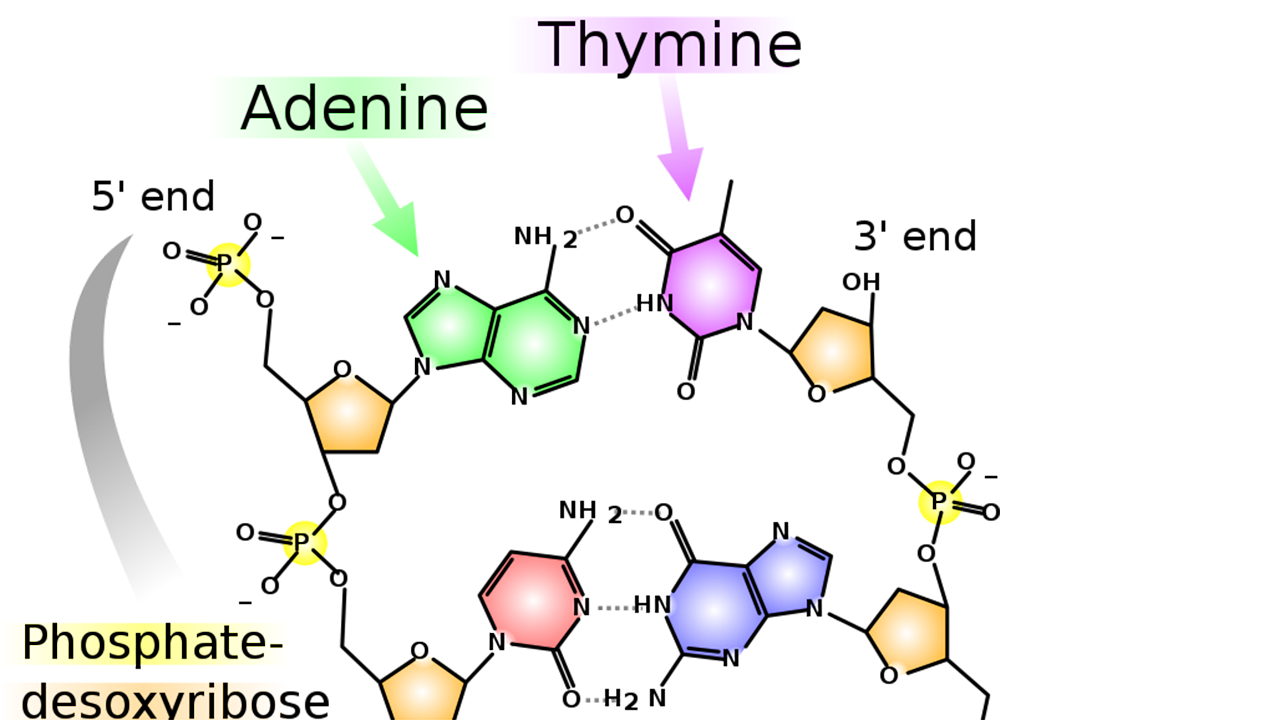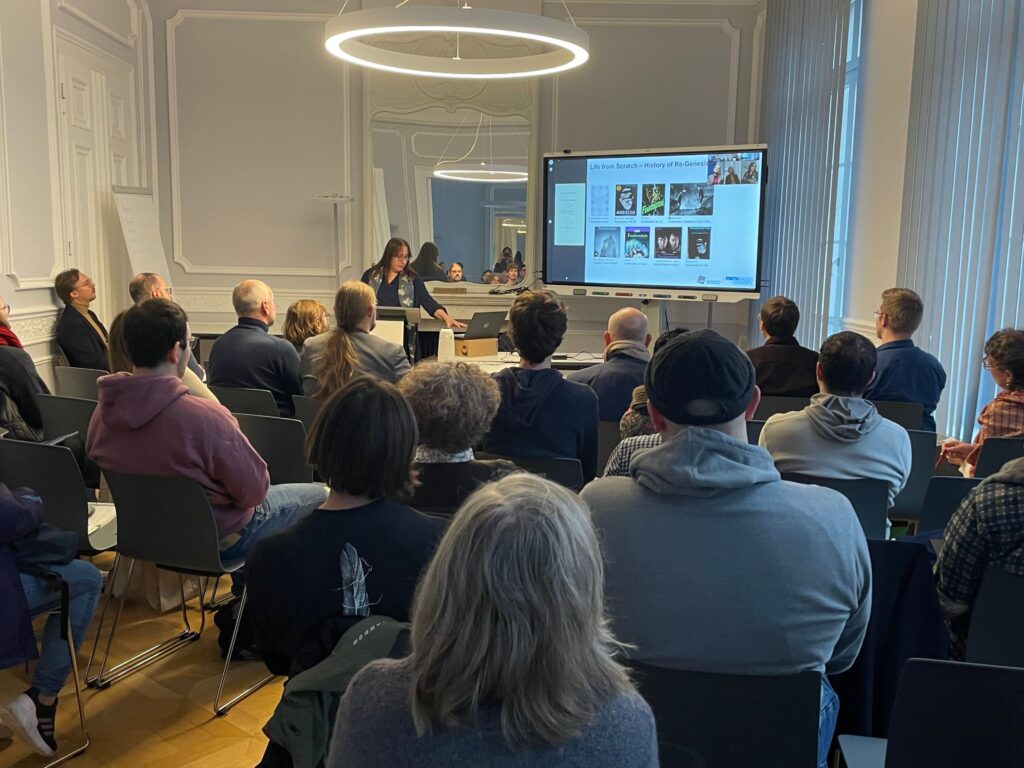
On October 25th, Professor Gabriele Gramelsberger, one of the two c:o/re directors, gave the first talk of the 2023/2024 c:o/re lecture series, which focuses on the slippery but important notion of lifelikeness. The title of her talk, Life from scratch announces an interesting lecture series bringing together arguments from the life sciences to philosophy and all the way to engineering and computational science, where we can but expect the best practice of academic traditions: controversy, that unavoidable result of free and critical thinking.
This semester’s c:o/re lecture series is also part of the Projekt “Leonardo”: Interdisciplinary Teaching for Creative Minds . This project offers interdisciplinary courses on social challenges broadly, offering RWTH Aachen University students from many disciplines the possibility to learn about the eclectic and interdisciplinary work of researchers from various departments.
In this way, c:o/re contributes to the teaching offer of and inter-departmental dialogue at RWTH Aachen University. Debating lifelikeness, as a topic emerging at the interface of the humanities and social sciences, natural sciences and engineering, is one of the contributions that c:o/re brings to foster dialogue across faculties and bring together local scholars and its research fellows.
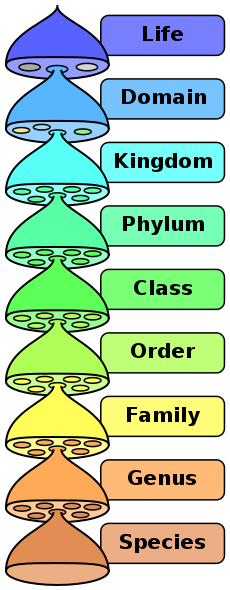
In this first talk of the series, Professor Gramelsberger inspired a lively discussion among c:o/re researchers and colleagues and students from many departments across RWTH Aachen University. She offered a broadly informative and encompassing overview of synthetic biology, with a focus on the enduring human fascination to solve the puzzle of life, such as pursued currently in astrobiology.
First, Professor Gramelsberger took the audience on a journey through the history of biology, particularly as seen from the contemporary vantage point of ReGenesis. The talk proceeded from early efforts to obtain (a)biogenesis in laboratories to contemporary experiments and efforts, such as revolving around the concept of the domain Synthetica.
Introducing the main guiding concepts, such as abiogenesis, Professor Gramelsberger explained that the ideal to create life is, probably, as old as humanity. She pointed to the enduring cultural fascination with creating life, as displayed in novels like Mary Shelley’s Frankenstein (1818) and films like Fritz Lang’s Metropolis (1927), or in Jewish mythical folklore of the Golem, the animated mythical creature created from mud that is said to have roamed 16th-century Prague. Cultural imaginaries of humans creating new life have taken inspiration, of course, from state-of-the-art scientific undertakings. For example, Mary Shelley likely took inspiration from Luigi Galvani’s experiments in the 1780s. Much later, in 1952, the type of thinking falling under the label electric spark theory was put to the test in the Miller-Urey experiment (see Miller 1953), with impressive results. Researchers observed the formation of amino acids by applying electricity to water (H2O), methane (CH4), ammonia (NH3) and hydrogen (H2), a setting meant to simulate the conditions, as thought at the time, of the prebiotic Earth atmosphere.
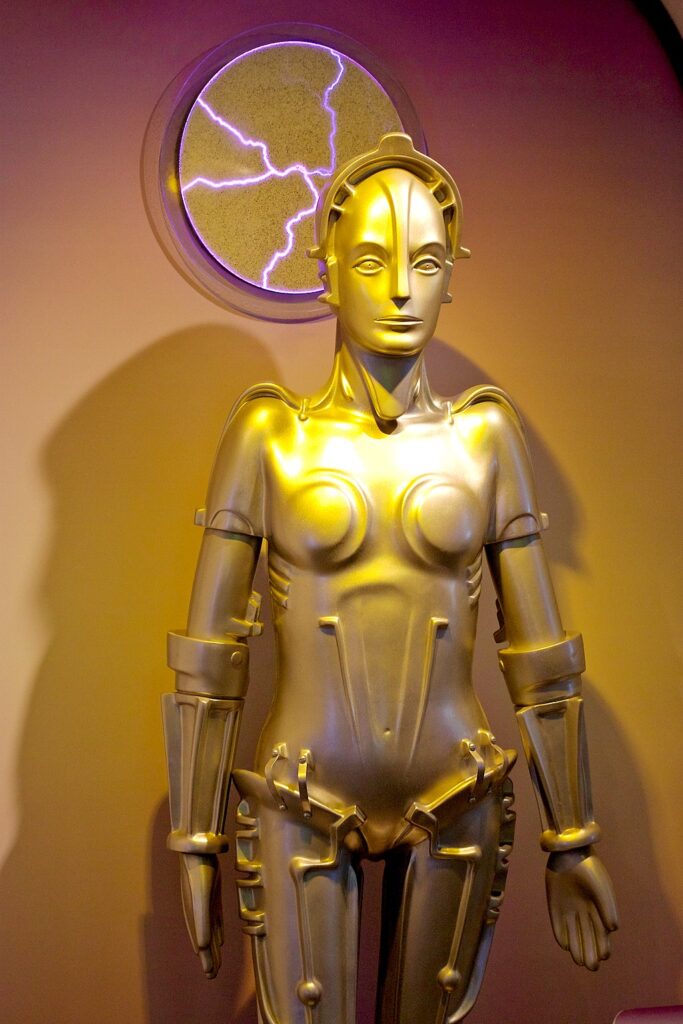
Having presented these ideas to the students, Professor Gramelsberger set the stage for an informative overview of the intellectual history covering the works of Jacques Loeb (1852-1924), Alfonso Herrera (1868-1942) and Stéphane Leduc (1853-1939).
An interesting realization that this history reveals is that the biological problem of life keeps slipping. Every time when biological science finds the solution to what it construed as the question of life, it reveals that the question of life was misplaced. For example, merely creating an organic molecule from inorganic matter or protoplasm from mineral substances is not creating life. As spectacular as this achievement may be, the most important insight it provides is that merely organic molecules or DNA is not life, as we experience and recognize it. Hence, biology can be said to reveal what life is in a positive heuristics of increasingly understanding what life is not.
The talk then proceeded to present more recent molecular biology, as enabled by the genetic paradigm, and exemplified in the work of figures like Craig Venter or Stanley Cohen and Herbert Boyer. Professor Gramelsberger discussed recent efforts in the pursuit of De-novo organisms in an engaging manner, making the main notion here comprehensible for both fellow academics and postgraduate students. She offered an overview of the main types of De-novo approaches, namely Minimal genome, Biobrick (engineering) and Computer-aided design (CAD). This opened the stage for reflecting on cutting-edge and speculative considerations of the domain of Synthetica, as a new unit in the vocabulary of biological taxonomy. The talk raised important questions about the future of life, bio-hacking and genetic literacy, as one branch of new literacies. Here, Professor Gramelsberger noted the pioneering scholarship, such as George Church’s ReGenesis (2012), Amy Web & Andrew Hessel’s The genesis machine (2022) and Jamie Metzl’s Hacking Darwin (2019).
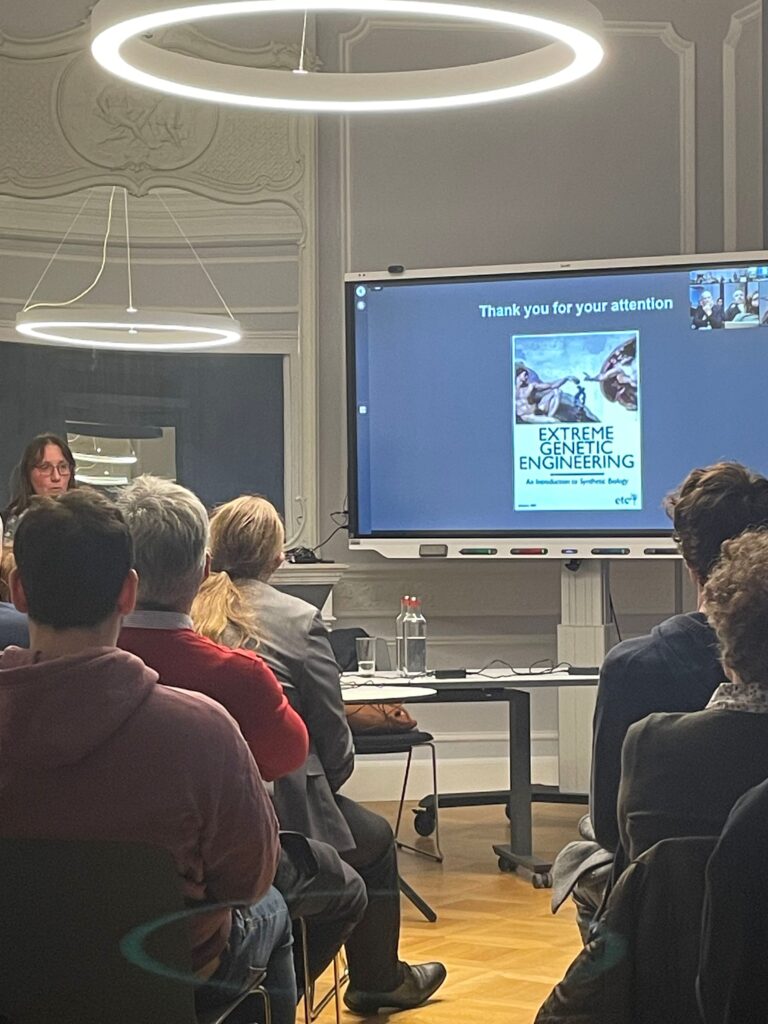
Overall, the talk fostered an interdisciplinary dialogue, also stiring the interest of students by reflecting philosophically on the many questions accumulated and meliorated through the history of (synthetic) biology. For example, the the role of the concept of oscillators was noted, across disciplines, in ushering a process instead of object ontology. Questions and discussions covered the conceptualisation of genetic engineering and synthetic biology, mechanical reductionism and vitalism, industrial and economic motivations and, of course, a wide array of ethical considerations.
With this intriguing introduction, we look forward to the next talks in the c:o/re Lifelikeness series, which also addresses students through Projekt Leonardo.
References
Church, George. 2012. ReGenesis: How Synthetic Biology Will Reinvent Nature and Ourselves. Basic Books.
ETC group. 2007. Extreme genetic engineering: An introduction to synthetic biology. ETC group.
Metzl, Jamie. 2019. Hacking Darwin: Genetic engineering and the future of humanity. Sourcebooks, Inc..
Miller, Stanley L. 1953. Production of amino acids under possible primitive earth conditions, Science 117 (3046): 528-529.
Webb, Amy, Hessel, Andrew. 2022. The Genesis Machine: Our Quest to Rewrite Life in the Age of Synthetic Biology. Hachette.


